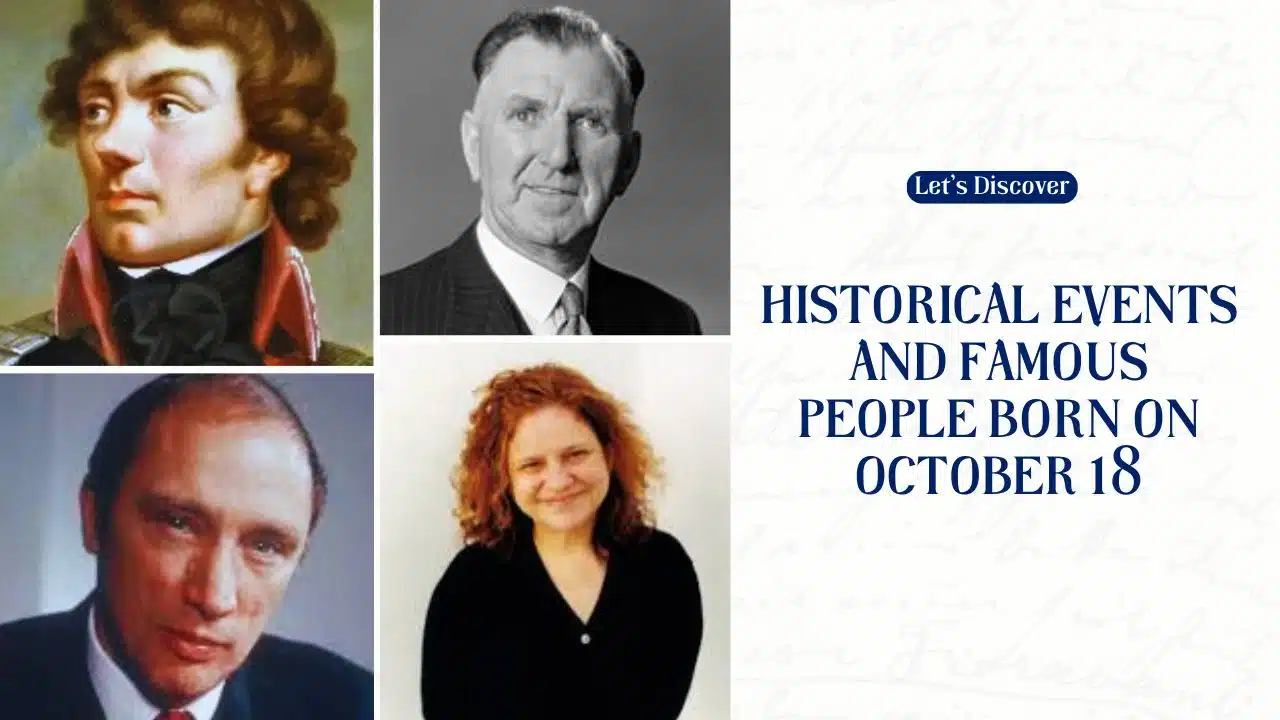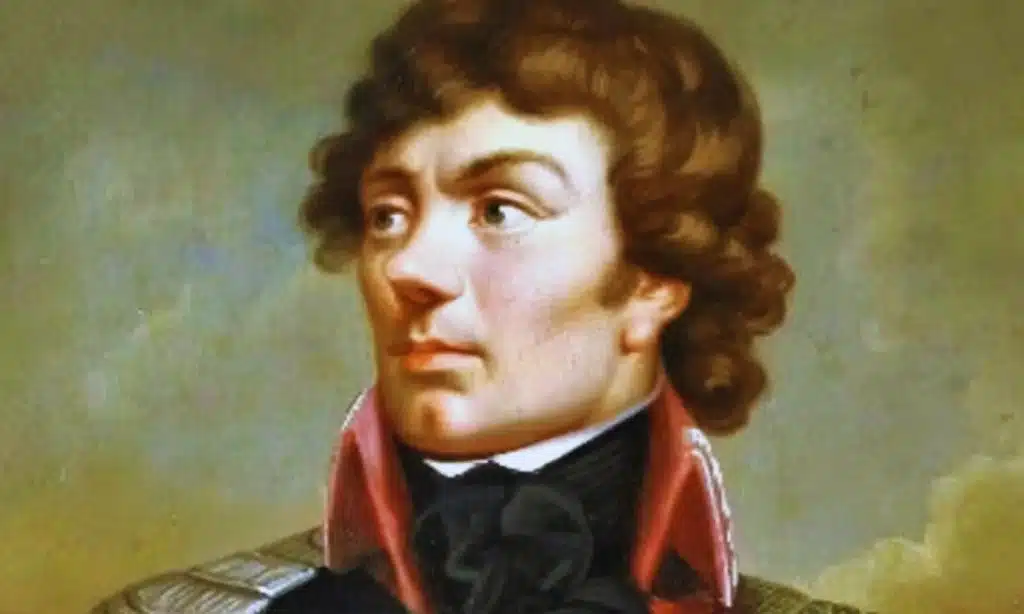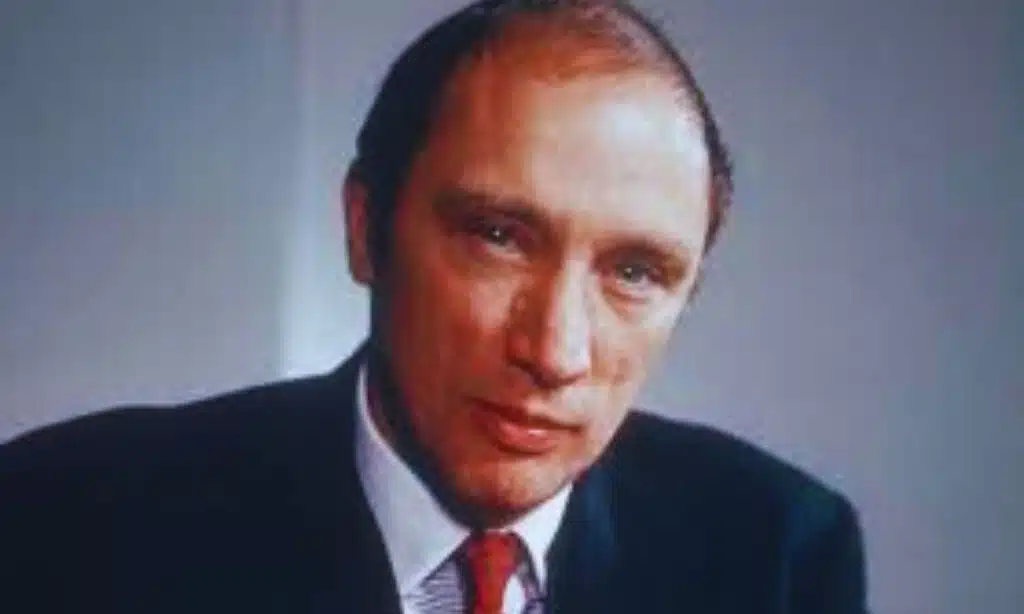October 18 is a day that has seen many important events in history. It’s also the birthday of some very interesting people. In this article, we’ll learn about big things that happened on this day and about people who were born on October 18. From wars and music to leaders and actors, this day has many stories to tell.
Historical Events of October 18
1622: Treaty of Montpellier
On October 18, 1622, something important happened in France. King Louis XIII and a man named Duke Henry II of Rohan signed a paper called the Treaty of Montpellier. This treaty ended a fight between the king and a group of people called the Huguenots.
The Huguenots were Protestant Christians in France. They often had problems with the Catholic kings. This treaty said that the Huguenots could practice their religion, but they had to give up some of their strong cities.
This treaty was important because it helped stop fighting for a while. But it didn’t solve all the problems between Catholics and Protestants in France. These problems would continue for many years.
1776: Tadeusz Kościuszko Joins Continental Army
On October 18, 1776, a man from Poland named Tadeusz Kościuszko joined the American army. This was during the American Revolutionary War when America was fighting to be free from Britain.
Kościuszko was very good at building things to help in war, like forts. The American Congress made him a colonel, which is an important job in the army. He helped build many defenses that were very important for winning the war.
Kościuszko’s work was a big help to America. He is still remembered as a hero in both America and Poland. There are many statues and places named after him in both countries.
1904: Premiere of Mahler’s 5th Symphony
On October 18, 1904, a new piece of music was played for the first time in Cologne, Germany. This was Gustav Mahler’s 5th Symphony. Mahler was a famous composer who wrote big, complex pieces of music.
The 5th Symphony is one of Mahler’s most famous works. It has five parts and takes over an hour to play. One part of it, called the Adagietto, is especially famous and is often played by itself.
When it was first played, some people didn’t like it because it was very different from other music at the time. But now, many people think it’s one of the best symphonies ever written.
1912: End of Italo-Turkish War
On October 18, 1912, a war between Italy and the Ottoman Empire ended. This war was called the Italo-Turkish War. It ended with a treaty signed in Lausanne, Switzerland.
In this war, Italy took control of some land in North Africa that belonged to the Ottoman Empire. This land is now part of the country called Libya. Italy wanted this land to be like other European countries that had colonies in Africa.
This war was important because it showed that the Ottoman Empire was getting weaker. It also led to more fighting in the Balkans, which would eventually help start World War I.
1942: Hitler’s Commando Order
On October 18, 1942, during World War II, Adolf Hitler gave a very cruel order. He said that any Allied commandos who were caught should be killed, even if they surrendered.
Commandos are special soldiers who do dangerous secret missions. Hitler thought they were dangerous and wanted to scare them from attacking German forces.
This order was against the rules of war. After the war, some German officers were put on trial for following this order. It showed how the Nazis didn’t follow normal rules of fighting and treated their enemies very badly.
Famous Birthdays on October 18
Eugene of Savoy (1663-1736)
Eugene of Savoy was born on October 18, 1663. He was a very successful military leader who fought for Austria.
Eugene was born in France but left when he was young. He became one of the most important generals for the Habsburg family, who ruled Austria. He won many battles against the Ottoman Empire and against France.
Eugene was not just a soldier. He also collected art and books and built beautiful palaces. He is still remembered as one of the greatest military commanders in European history.
Here’s a brief biography of Eugene of Savoy:
| Fact | Information |
|---|---|
| Born | October 18, 1663 |
| Birthplace | Paris, France |
| Died | April 21, 1736 |
| Known for | Military leadership |
| Major battles | Battle of Zenta, Battle of Blenheim |
| Other interests | Art collecting, architecture |
Sidney Holland (1893-1961)
Sidney Holland was born on October 18, 1893. He became the Prime Minister of New Zealand and led the country for 8 years.
Holland started the National Party in New Zealand. This party is still one of the main political parties in the country today. As Prime Minister, he made New Zealand work closely with countries like the United States and Britain.
One of the big things Holland did was to get rid of the upper house of New Zealand’s parliament. This changed how laws are made in New Zealand. He is remembered as an important leader in New Zealand’s history.
Here’s a brief biography of Sidney Holland:
| Fact | Information |
|---|---|
| Born | October 18, 1893 |
| Birthplace | Greendale, New Zealand |
| Died | August 5, 1961 |
| Known for | Prime Minister of New Zealand |
| Time as Prime Minister | 1949-1957 |
| Political party | New Zealand National Party |
Pierre Trudeau (1919-2000)
Pierre Trudeau was born on October 18, 1919. He became one of Canada’s most famous Prime Ministers.
Trudeau was Prime Minister of Canada for 15 years. He made many big changes in Canada. He made both English and French the official languages of Canada and helped write a new constitution for the country.
Trudeau was known for being very smart and sometimes doing unusual things. He was very popular with many Canadians, especially young people. His son, Justin Trudeau, is now the Prime Minister of Canada.
Here’s a brief biography of Pierre Trudeau:
| Fact | Information |
|---|---|
| Born | October 18, 1919 |
| Birthplace | Montreal, Canada |
| Died | September 28, 2000 |
| Known for | Prime Minister of Canada |
| Time as Prime Minister | 1968-1979, 1980-1984 |
| Famous saying | “Just watch me” |
Peter Boyle (1935-2006)
Peter Boyle was born on October 18, 1935. He was an American actor who was in many movies and TV shows.
Boyle’s first big movie was called “Joe,” where he played an angry factory worker. But he is probably most famous for playing the monster in “Young Frankenstein” and for being in the TV show “Everybody Loves Raymond.”
Boyle could play many different types of characters, both funny and serious. He won an Emmy award for his role in “The X-Files.” He was a well-respected actor who worked for many years in Hollywood.
Here’s a brief biography of Peter Boyle:
| Fact | Information |
|---|---|
| Born | October 18, 1935 |
| Birthplace | Philadelphia, Pennsylvania, USA |
| Died | December 12, 2006 |
| Known for | Actor in movies and TV |
| Famous roles | “Young Frankenstein,” “Everybody Loves Raymond” |
| Awards | Emmy Award |
Wendy Wasserstein (1950-2006)
Wendy Wasserstein was born on October 18, 1950. She was an American playwright who wrote many famous plays.
Wasserstein’s plays often talked about the lives of educated women in America. Her most famous play is called “The Heidi Chronicles.” It won both a Pulitzer Prize and a Tony Award, which are big honors for writers.
Wasserstein was one of the first women to have big success writing plays on Broadway. Her work helped people understand the challenges women face in modern life. She is remembered as an important voice in American theater.
Here’s a brief biography of Wendy Wasserstein:
| Fact | Information |
|---|---|
| Born | October 18, 1950 |
| Birthplace | Brooklyn, New York, USA |
| Died | January 30, 2006 |
| Known for | Playwright |
| Famous play | “The Heidi Chronicles” |
| Awards | Pulitzer Prize, Tony Award |
Takeaway
October 18 has been a day of big events and important births throughout history. We’ve seen how it was a day when wars ended, music was played for the first time, and cruel orders were given. We’ve also learned about some very different people who were born on this day – from military leaders and prime ministers to actors and playwrights.
Each of these events and people has left a mark on our world. From Eugene’s battles that shaped Europe to Wasserstein’s plays that changed theater, from Kościuszko’s help in the American Revolution to Trudeau’s leadership in Canada, October 18 has given us a lot to remember and think about.
Learning about history helps us understand our world better. It shows us how things have changed over time and how the actions of people in the past still affect us today. So next time October 18 comes around, remember all these interesting events and people!
References:
- Treasure, G. (2013). The Huguenots. Yale University Press.
- Storozynski, A. (2009). The Peasant Prince: Thaddeus Kosciuszko and the Age of Revolution. St. Martin’s Press.
- Franklin, P. (1997). The Life of Mahler. Cambridge University Press.
- Gooch, J. (1989). A History of the Italian Military Conflict. Westview Press.
- Neitzel, S., & Welzer, H. (2012). Soldaten: On Fighting, Killing, and Dying. Knopf.
- McKay, D. (1977). Prince Eugene of Savoy. Thames and Hudson.
- Gustafson, B. (1986). The First 50 Years: A History of the New Zealand National Party. Reed Methuen.
- English, J. (2009). Just Watch Me: The Life of Pierre Elliott Trudeau, 1968-2000. Knopf Canada.
- Boyle, P. (2001). The Monster’s Hollywood Years. Overlook Press.
- Balakian, J. (1999). Reading the Plays of Wendy Wasserstein. Applause Theatre & Cinema Books.




































